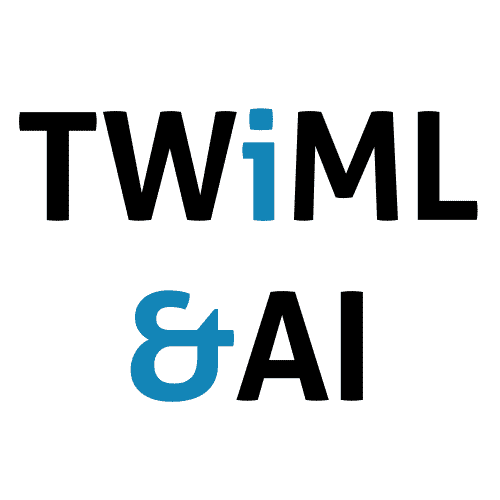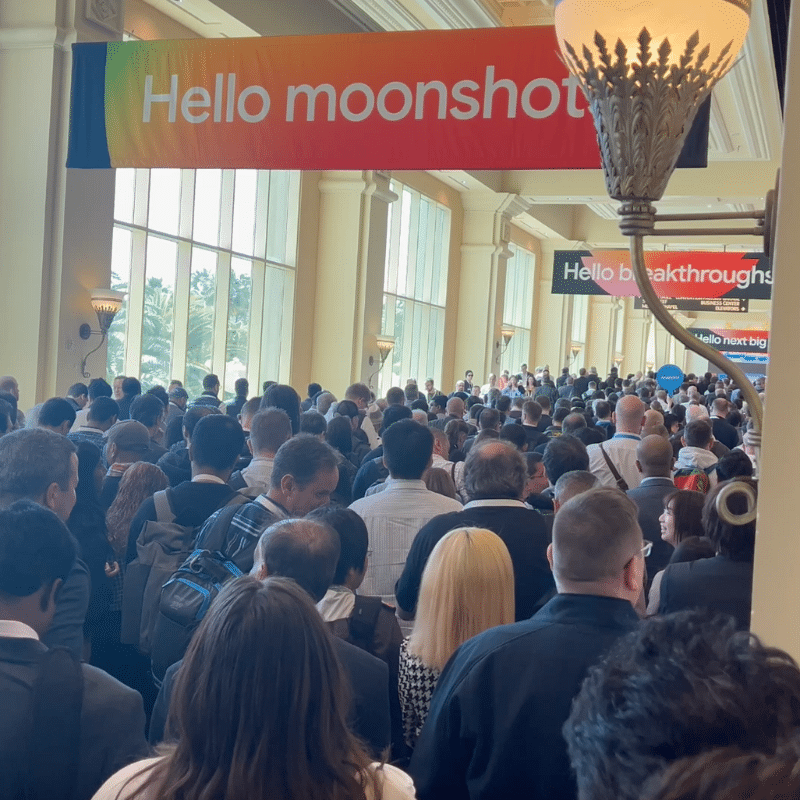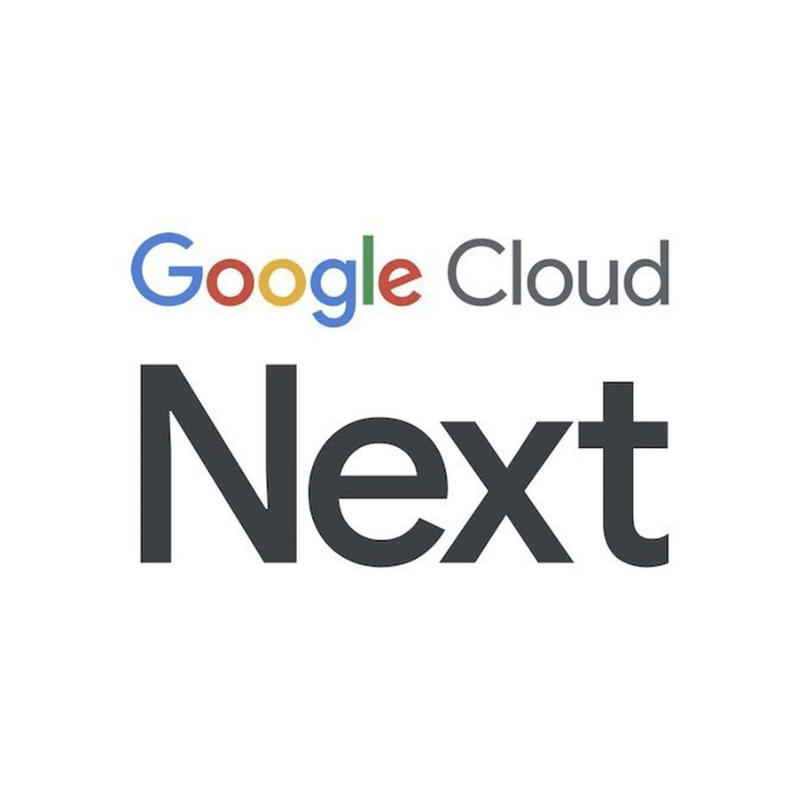Bits & bytes
AT&T launches open-source AI platform.
- Acumos—an extensible, framework-independent platform for delivering enterprise ML & AI solutions—was recently open-sourced under the auspices of the Linux Foundation. Speaking to AT&T exec Mazin Gilbert about the project, Acumos reminds me a bit of Intel’s mothballed Trusted Analytics Platform (TAP) project in complexity, scope and ambition. I wish them luck, but call me a skeptic here.
AI pioneer Geoffrey Hinton outlines new advance that requires less data.
- Hinton has been hinting (SWIDT?) at the challenges of deep learning and the need for something better for some time now. Turns out he had something up his sleeve: capsule networks, a new type of neural network that’s shown promising results on simple datasets.
Generating photorealistic images of fake celebrities.
- NVIDIA researchers use a technique called “progressive growing” with GANs to produce strikingly real-looking images based on a training dataset of celebrity photographs.
Uber AI Labs open sources Pyro.
- Uber AI has published Pyro, a tool for deep probabilistic modeling that seeks to unify the best of modern deep learning and Bayesian modeling. Would anyone be interested in demoing this, or seeing a demo of this, at an upcoming meetup?
Salesforce Introduces myEinstein.
- Salesforce has with Einstein a problem like IBM’s does with Watson. They’ve made it a broad brand that they apply to everything AI and which, consequently, has no specific meaning. That said, the feature they’ve announced, the ability for non-data-scientist Salesforce admins to add predictive fields to Salesforce layouts, actually sounds pretty useful if it works as advertised.




